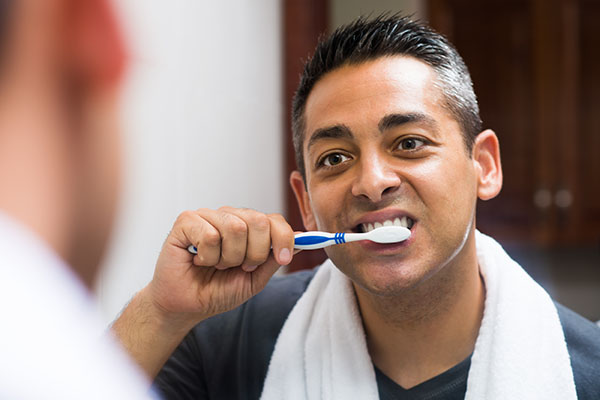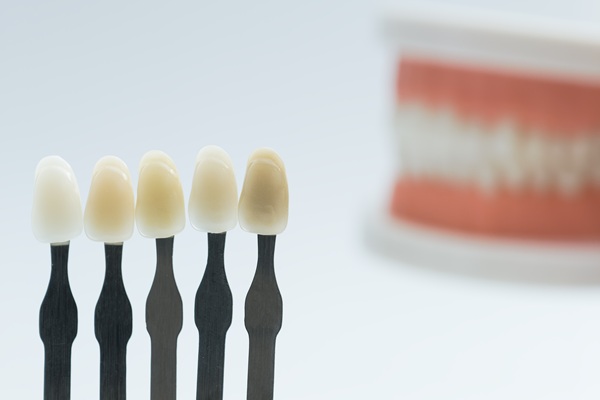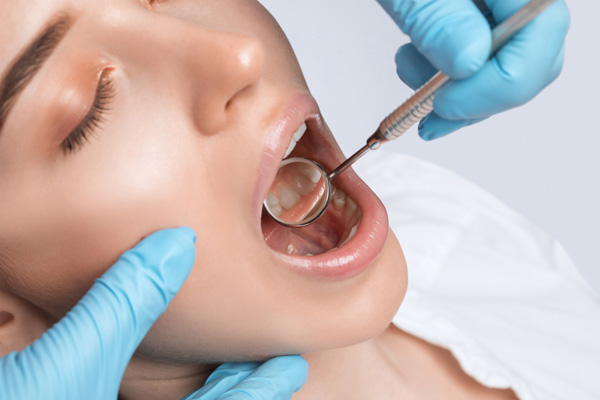 Dentists perform dental cleaning to prevent problems like tooth decay and gum disease. A dental cleaning procedure is more intensive than your daily oral hygiene routine.
Dentists perform dental cleaning to prevent problems like tooth decay and gum disease. A dental cleaning procedure is more intensive than your daily oral hygiene routine.
Read on to find out why aftercare is necessary after a dental cleaning. The following also explains how to care for your teeth after professional teeth cleaning.
Why aftercare is necessary after dental cleaning
Dentists advise their patients to be gentle when they brush their teeth. They also advise the use of a toothbrush with flexible bristles. The idea is to prevent tooth sensitivity, erosion of the enamel, and injury to the gums.
A dentist will have the same considerations when they clean the patient’s teeth. As a precaution, the dentist will first perform an exhaustive exam that screens for different types of oral health problems. They will then proceed with teeth cleaning.
The dentist will need to use a scaler to remove plaque and tartar. Vibration from the electric scaler may cause temporary tooth sensitivity. Next, the dentist will polish the teeth with gritty toothpaste and an electric brush, which could also cause temporary tooth sensitivity. Lastly, the dentist will floss between the patient’s teeth. This action could cause soreness and slight bleeding of the gums, especially for those who do not floss at home. The dentist will conclude the cleaning with an application of topical fluoride and dental sealant.
The effects of these steps warrant aftercare that provides relief from tooth sensitivity. Here is how to care for the teeth after a dental cleaning.
1. Manage discomfort
The dentist may advise their patient to take over-the-counter pain medication before and after the teeth cleaning procedure. They might also apply topical anesthetic to the gums before they clean the patient’s teeth.
2. Watch the diet
Patients should limit their diet to soft foods for 24 hours following a deep clean of the teeth. If the sensitivity persists past the first 24 hours, stick with soft foods for 48 hours.
It also helps to avoid hot foods, which will cause discomfort and dissolve the topical fluoride before it bonds to the enamel. Lastly, avoid popcorn and other crunchy foods that could irritate the gums. Do not consume these kinds of foods for at least a few days after getting teeth cleaned.
3. Practice good oral hygiene
Use a toothbrush with soft bristles to gently brush the teeth after meals. It is okay to skip flossing in the first 24 hours after a deep clean. Resume flossing as soon as the tenderness in the gums subsides. This should happen within 48 hours.
4. Adopt healthy oral habits
To make the most out of a deep teeth cleaning, make it a point to minimize or moderate the intake of sugar, refined carbohydrates, alcohol, and fizzy drinks. Smokers should make efforts to break the habit. Last but not least, stick to a strict oral hygiene routine that involves brushing twice a day and flossing once.
Enjoy your smile
Regular and professional dental cleanings go a long way when it comes to keeping your mouth healthy. Our practice offers preventative and restorative dental care that ensures every aspect of your oral health. If you want your teeth to last a lifetime, make plans to meet with our dentist.
Request an appointment or call Johns Creek Dentistry at 770-623-1427 for an appointment in our Johns Creek office.
Recent Posts
Regular dental cleaning is a small effort with a payoff that can last a lifetime. This may sound like a bold claim, except that it happens to be true. Read on to learn why routine dental visits are good for your oral health.Routine dental checkups come in two parts. The first half consists of a…
Maybe you have put off doing your bi-annual dental cleaning and checkup due to your busy schedule. Perhaps you are afraid of going to the dentist because you have neglected your oral hygiene. Regardless of the reason, failing to keep a regular schedule of bi-annual dental cleanings and checkups has more disadvantages than you think.…
Many people question the importance and effectiveness of a routine dental cleaning. To help you understand this preventive treatment, this article covers answers to commonly asked questions about dental cleanings.Patients should get clean teeth and fresh breath after the dental cleaning. Cleanings are normally painless and take less than 45 minutes. The dentist will scrub…


